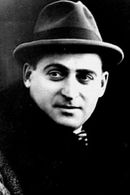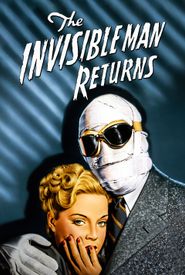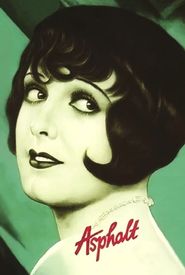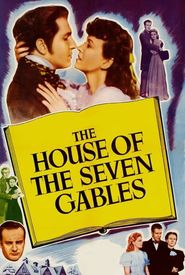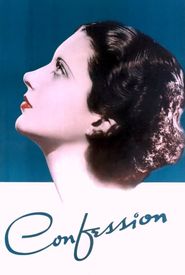Joe May, a multifaceted entrepreneur and operetta director, played a pivotal role in the foundation of German cinema. He began his career as a film director in 1911 and shortly after, established his own production company. May's impact on the industry was evident in his decision to employ Fritz Lang, a renowned German director, as a screenwriter for his early films.
As the Nazi regime took control, May fled to the United States, where he continued to work in the film industry. During his time at Universal, he directed a series of action-packed films, although he never managed to elevate himself to the ranks of the esteemed "A" picture directors.
May's inability to fully grasp the English language contributed to his struggles in the American film industry. His dictatorial nature also led to tension with his casts and crews, making it challenging for him to establish a positive working relationship.
After a long and storied career, May brought his directing days to a close with his final film for Monogram in 1944, at the age of 64. Later, he briefly ventured into the restaurant business in Hollywood, but his venture ultimately failed. The reason for this failure lay in his adherence to his Teutonic roots, as he insisted on telling customers what to order, a approach that was not well-received by his patrons.
